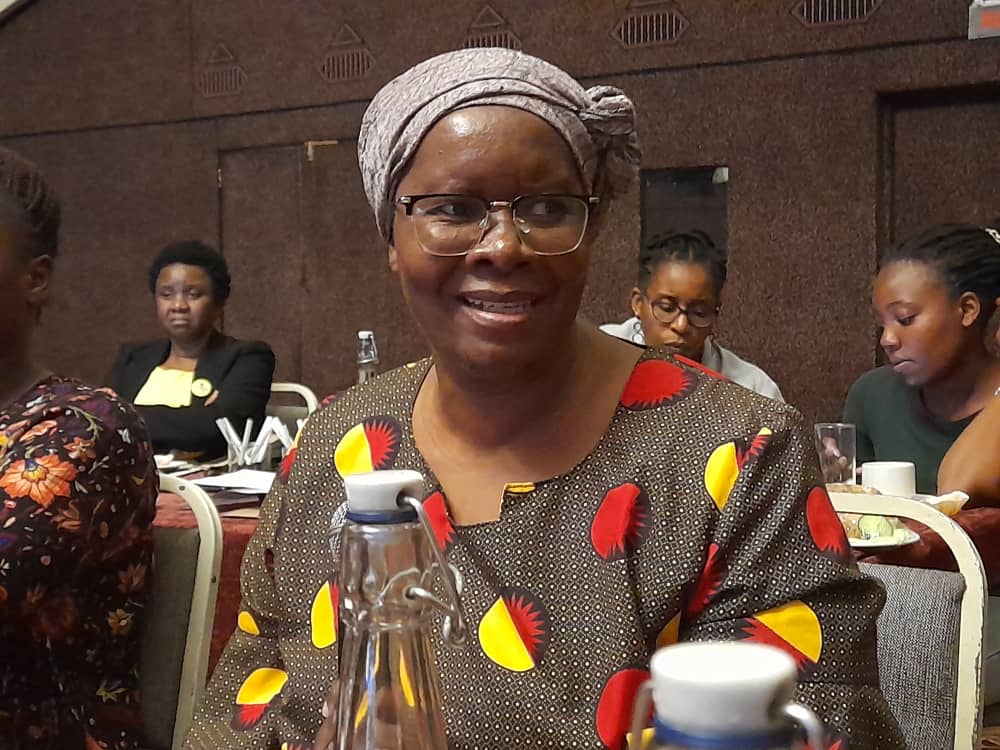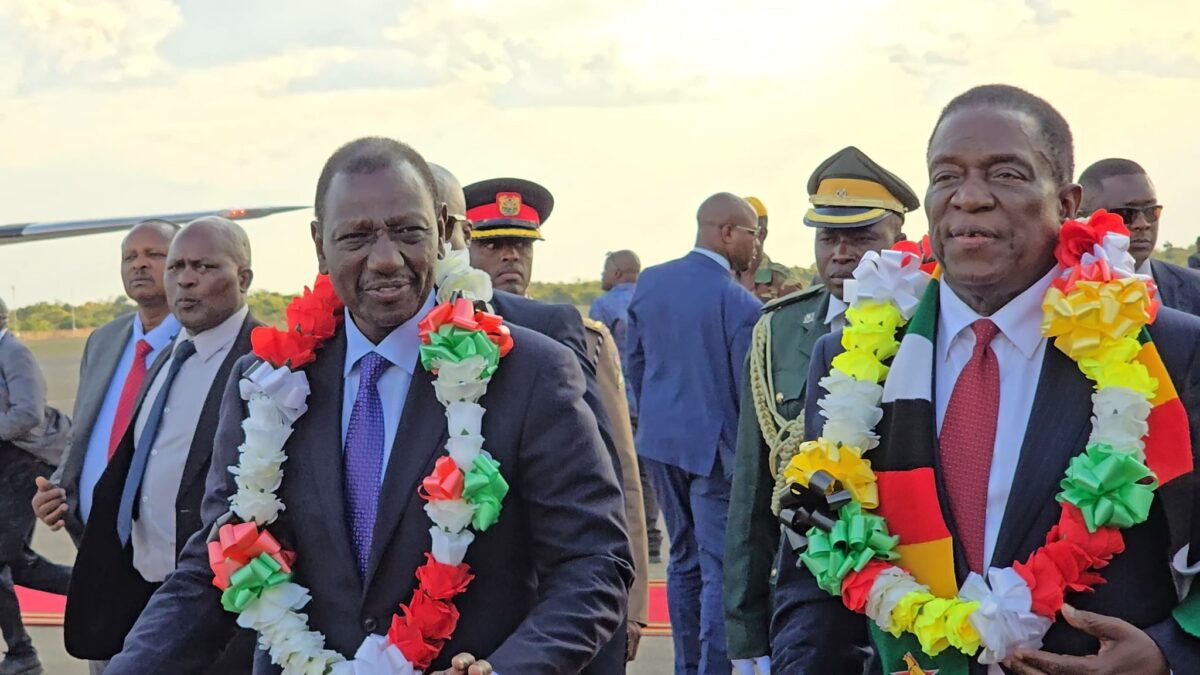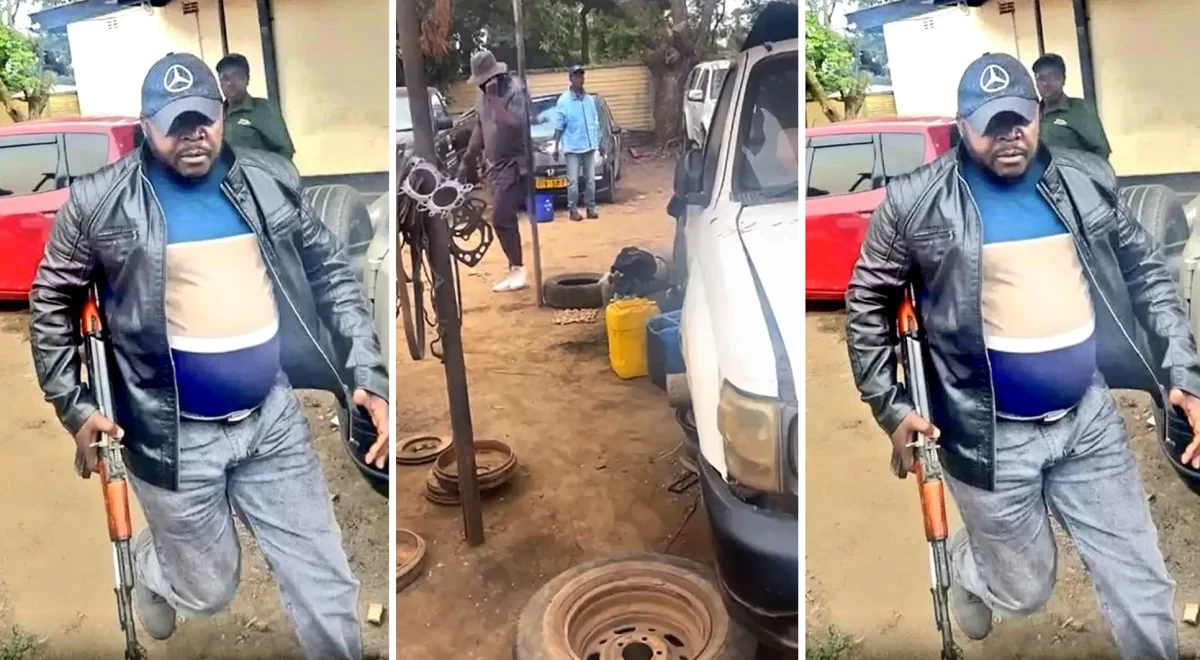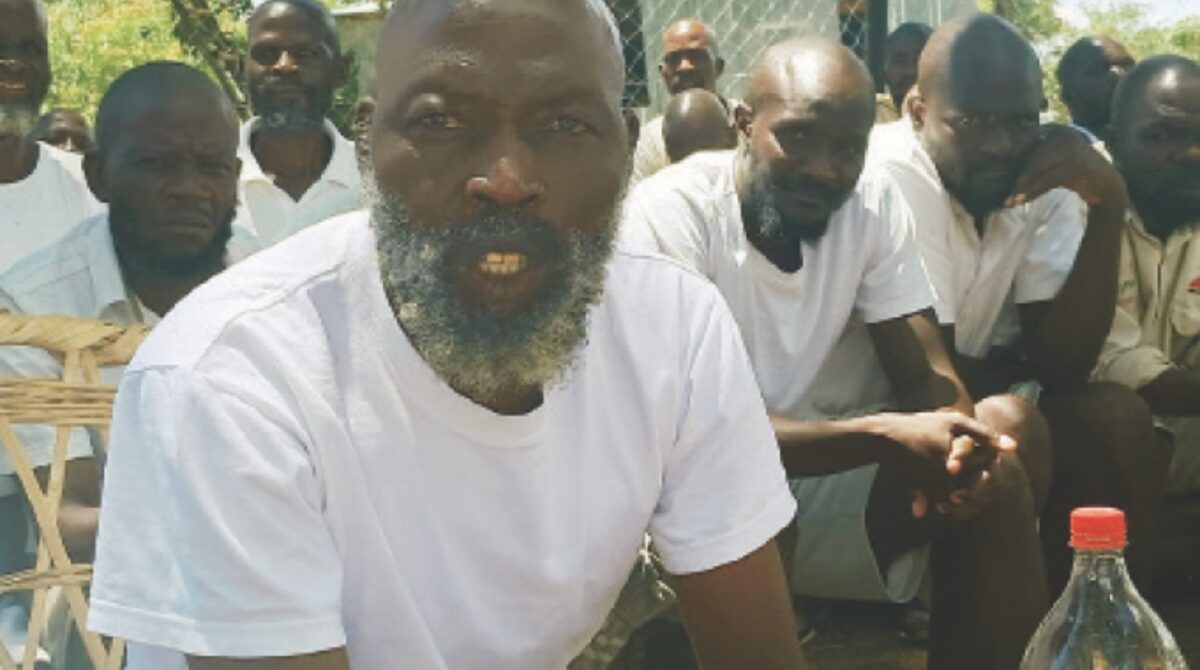HARARE – Nyaradzayi Gumbonzvanda, African Union Goodwill Ambassador for the Campaign to End Child Marriage, has deplored continued expenditure on military ware by African leaders who have failed to channel sufficient resources aimed at ending rampant child marriages linked to massive poverty in their countries.
Speaking Thursday at an Amnesty International Stakeholders dialogue on inter-sectuality between child marriages, sexual reproductive health rights, Gumbonzvanda also lamented continued piling of laws prohibiting child marriages and sexual exploitation by governments that go on to fail to resource relevant agents to see to the fruition of the laws’ intended purposes.
Gumbonzvanda said African communities falsely believed marrying off young daughters was one way of ending poverty within families.
She lamented that households remained poor in the midst of overflowing wealth found in abundant natural resources and farms in their countries.
“Africa is filthy rich but our daughters are getting married as a result of poverty; what a contradiction. It’s immoral!
“That’s why child marriage is an economic governance issue of ‘where do we put our natural resources’.
“The illicit financial flows in trillions of dollars, people avoiding tax, the amount we have which goes through corruption; if we were able to plug all those holes.
“The amounts that go through military expenditure; if we were to reduce the helicopters bought by Africa and re-channel the monies to schools and clinics.”
She added, “The greatest security of any nation is when its people are educated and healthy. It’s not when you have a mighty military.
“The greatest indicator of poverty in its intersectional way is when our daughters are dying because of obstetric fistula and child marriages when we can make the choice during budget formulation processes.”
The passionate child rights advocate and Rozaria Memorial Trust founder lamented the continued piling of laws with no corresponding spirit by governments to resource them.
“At times we also have contradictions around those laws that exist,” she said.
“We have many baskets of laws but at times the laws are not sufficient, at times the laws are not comprehensive, at times the laws are contradicting and often times the laws are not being implemented to the letter.
“Often times the laws are not resourced.
“So, indeed we can have laws that ensure we have a victim friendly office, say in Shamva, but the victim friendly officer does not even have a vehicle to go and review a case.
“So, we have a law which is implemented by having a structure but the structure is not resourced.”
Speaking at the same event, Ruth Labode, who chairs parliament’s portfolio committee on Health and Child Care, blamed African leaders for presiding over poor systems when it was within their control to make things right.
The lawmaker said child marriages were also a result of heads of states who were clueless about their own laws in their respective territories.
“At a household level there is poverty; we cannot even run away from the fact that child marriage is about poverty. Go to Epworth (township), it’s all poverty. Nothing else is causing that. What is important is to acknowledge the truth.
“We need peer review of heads of state because poverty is the cause of heads of states,” she said.
During the dialogue, traditional chiefs also deplored child marriages and outlined the various initiatives they have employed in their respective chiefdoms to fight the scourge.
The event was well attended by dozens of child rights defenders from the country’s vast civil society.
During the event, a film based on fistula as a consequence of child abuse was shown.
The 17-minute Bus Stop TV production is based on a school setting in which a head girl, Onai, is invited by the headmaster to his office purportedly to congratulate her for excelling in her studies but goes on to sexually abuse her resulting in pregnancy which is further complicated by fistula at child birth after suffering discrimination.
Obstetric fistula is tragic childbirth injuries in which a hole is created between the birth canal and bladder and/or rectum because of prolonged, obstructed labour without access to timely, high-quality medical treatment.















